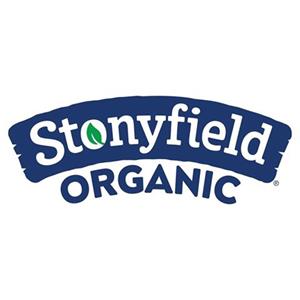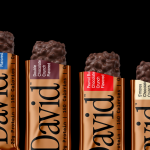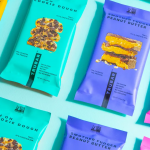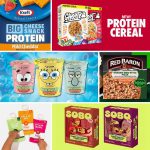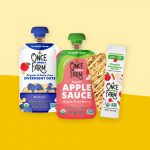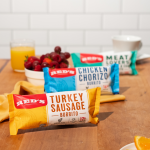Does Stonyfield’s Pouch Investment Signal A Kid Snack Format Shift?
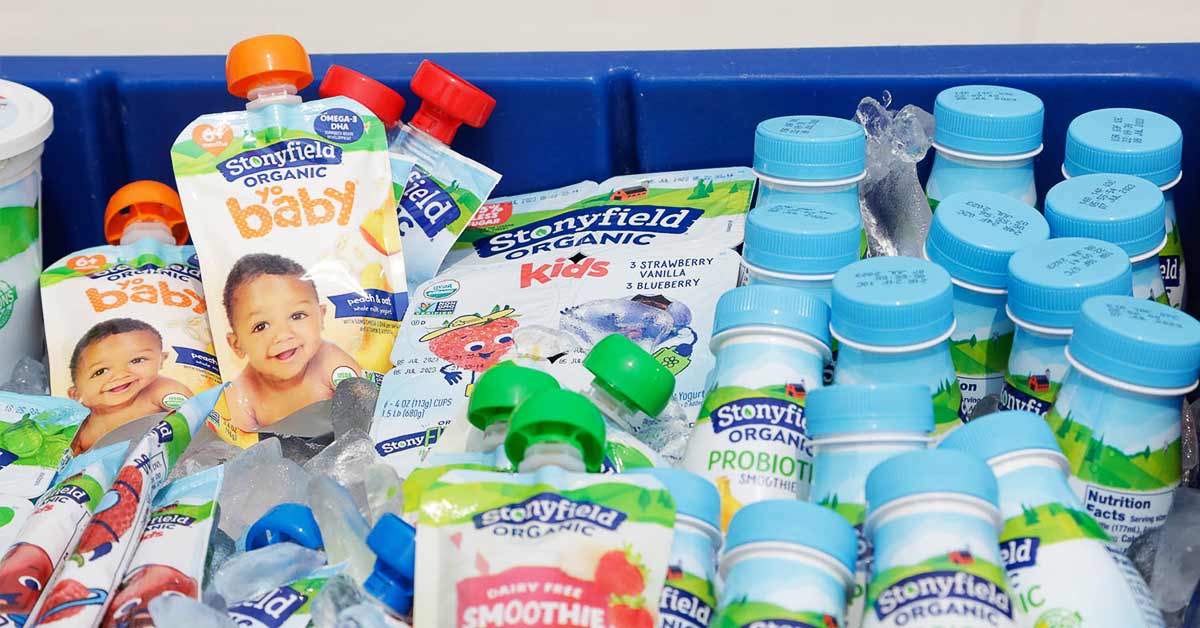
Stonyfield CEO Bill Cassidy said he wouldn’t ever consider handing a child a cup of yogurt, especially during a car ride, and believes the vast majority of parents feel the same way. When Stonyfield became the first organic yogurt producer to put its product into pouches a decade ago, Cassidy claims both parental preferences and the yogurt brand’s business began to evolve.
“In terms of growth, a lot of our business is being driven by our kids’ business,” said Cassidy. “We have an array of options out there for young families looking for convenient, on-the-go products and I think the reason for that growth… is the pouch.”
Earlier this month Stonyfield announced a $7 million investment in its Londonderry, N.H. production facility to build out a second pouch production line. The yogurt company, which was acquired by French dairy company Lactalis Group from Danone in 2017, believes it will be able to produce 46 million pouches per year once the expansion is complete.
That big bet on a small, single-serve resealable format was not made lightly – the investment marks Stonyfield’s second largest plant expansion in its 40 year history – and was driven by an exponential increase in consumer demand for convenient, on-the-go, snackable products. Cassidy said the yogurt category’s growth is flat, but Stonyfield’s pouch product sales have grown over 20% for the last five years. Still, it’s not the only category success story. As consumer eating habits have shifted, other larger packaging formats have also begun to prevail.
“We are in inflationary times, plain and simple so… we see people more focused on value, this is across the total store, not just yogurt,” Cassidy explained. “We see people buying and consuming larger tubs of yogurt – the most common size is 32 oz. What you see as a package format that’s more in decline, and I’m not saying 30%, but say [roughly] 5% or 6% would be single serve cups.”
Yogurt isn’t the only item the company is pouching either. In 2019, Stonyfield launched a non-dairy product – Fruit & Veggie Smoothie Pouches – at Whole Foods nationwide. Cassidy said parental demands were also the impetus for that innovation and allowed the brand to tap the trending format while giving parents a product to help introduce more fruits and vegetables to children’s diets.
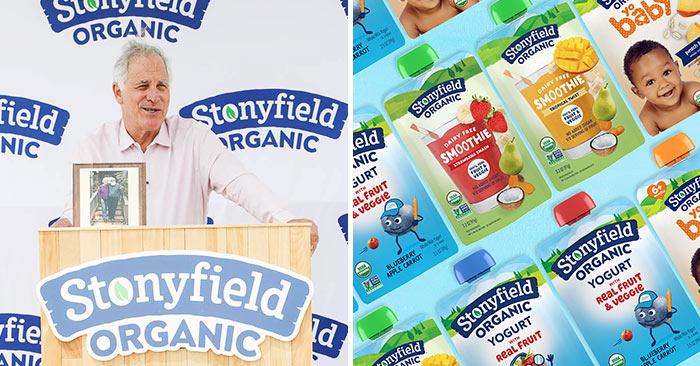
But the strategy shift toward pouches is not exclusive to Stonyfield. A decade ago the baby and kid food category shelves were filled with small glass or plastic jars, said Cassidy. Stonyfield’s expansion comes at a time that baby and kid-focused food makers across better-for-you, organic categories are shifting toward foods that they can squeeze into this more convenient, lower-plastic product format, including the likes of Once Upon a Farm, GoGo Squeez, Serenity Kids, Cerebelly and more.
“You [as a consumer] may want a more convenient package, but how do you [as a company] also balance that with sustainability,” Cassidy said while highlighting the lower plastic footprint of pouches compared to single-serve cups. “There is a big push to reduce our carbon footprint, to reduce the amount of plastics or packaging that we use in our products. Balancing that versus what a consumer may want with convenience at times may be at odds… but I think a perfect example is pouch.”
In addition to utilizing less plastic compared to its single serve cups, Cassidy said Stonyfield is continually looking for ways to reduce plastic used in the pouch which includes making its back cap more lightweight as the format reduces the amount of plastic being created and then returned to the environment. This is key, despite the fact pouches cannot yet be recycled, as according to Repurpose, a plastic free certification program, about 91% of plastic doesn’t end up being recycled anyways.
Elsewhere, there is an opportunity to age up the consumer group, while maintaining the format’s appeal and growth. According to Cassidy, outside of the U.S. pouched foods are popular among a much wider range of age groups and span numerous food categories – particularly energy, protein and other pre- or post-workout products. However, Cassidy believes American consumers hold on to the stereotype that pouches are “kiddie products,” which he said has inhibited broader age-group appeal. Nevertheless adult-positioned brands like Noke, Fire For Fuel and Designer Wellness have built their platforms around pouches each with their own take on functional smoothies.
Looking forward, Stonyfield’s growth will come in numerous forms and Cassidy anticipates “double digit gains” for the pouch lines. He said the company is also focused on ramping up distribution to bring the brand to new retailers and is also exploring how it can continually improve the sustainability-impact across all of its packaging.
To back that focus, he said many studies have found nearly half of consumer ask themselves two questions when considering a purchase:
“Number one ‘is this product good for me, is this a healthy option for myself?’ And then, number two – and these two go hand-in-hand – ‘is that a healthy option for the planet.’ That [answer] comes down to packaging [and] how the product was raised and delivered to market.”

